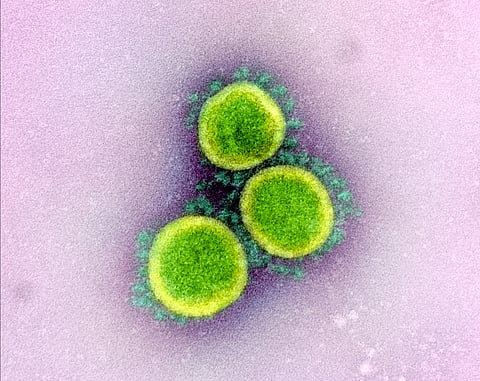OPINION: Rainier Beach Doctor Urges Economic Relief
by Valentina Warner, MD
Last week, a nationwide poll found that nearly 1 in 5 US workers have either lost their jobs or reduced work hours as a result of the COVID-19 epidemic in the United States. This impact was even greater in respondents earning less than $50,000 per year (1 in 4). I imagine these rates can only be higher in the Seattle area as the pandemic has been affecting our area longer.
Today I called the DSHS office to test what experience a person trying to get assistance would have.Surprisingly, I got a prompt response, however the news was grim. If the applicant is single, they don't qualify for any cash assistance, and only qualify for a MAXIMUM of $197/month food assistance (EBT).If the applicant is a single parent with one child under 18 they qualify for a MAXIMUM of $459/month cash assistance and $355/month food assistance. These are maximums, meaning many qualify for less.But clearly, even the maximum is not enough to keep a roof over your head and food on the table.
We must close all social spaces to "flatten the curve" so as not to completely overwhelm our health care system.But to do this, for people to stay home, they need confidence that they will have food and safe shelter.There have been some attempts to help on this front, with a proposed city of Seattle moratorium on evictions for 30 days.That is a good start, but that is just Seattle, and still with that ordinance, those tenants will owe back rent to the landlords.This piecemeal approach is not adequate.Just as we can't do social distancing at one school and not another, we need sweeping guarantees of food and housing for people to slow the spread of the virus.
Outside of tech workers, everyone else lucky enough to have a job, must go in public, on public transportation, be among their co-workers and the public.If people are terrified economically, how can we expect someone to stay home when they know they have a COVID-19 exposure, if they have no confidence our so-called safety net will give them the resources for them to be able to stay home without facing economic peril?
How can we expect someone with the beginning of a cold, who is hoping it will just go away before anyone notices, should stay away from work and risk homelessness and hunger.
The warehouse workers who package your online orders you imagine are sanitary may go to work sick to avoid homelessness. The lowest paid hospital worker, with no more sick leave because their child has asthma, may still go to work when they are sick, order to avoid hunger. That person may be caring for you.
We are asking everyone to do their part. But all of us doing our part includes supporting people financially, unconditionally, during this time so we can all do the right thing.So we can all stay home if it's needed, keeping ourselves and our communities safe.
We need to work together to urge local, state and national governments to send sweeping desperately needed financial support to our communities who have been devastated economically by the necessary social distancing. For our community to apply those strategies as widely as possible, and successfully, those who are hit hardest need to have safe places to live and ways to pay their bills. None of our public health mandates will work if people have to choose between keeping a roof over their head and staying home from work when sick.
We live in one of the richest cities in the world. We need to employ the same political will that made sweeping legally binding mandates that shut down public gatherings and limited travel to slow the spread of the pandemic with massive closures we already seen, but we can't stop there. We need the financial assistance to our communities as well.
NOTE: Earlier this week, Congresswoman Pramila Jayapal (D – 7th District, WA) and Grace Meng (D-NY) introduced the Housing is a Human Right Act that would authorize more than $200 billion over the next ten years for crucial housing infrastructure and immediate relief to state and community organizations that provide emergency shelter and other supportive services during this COVID-19 outbreak.
Valentina Warner is a family practice doctor in a Rainier Beach clinic where she's worked for the last 21 years.
Featured image "Novel Coronavirus SARS-CoV-2" by National Institute of Allergy and Infectious Diseases (NIAID) licensed CC BY.
Help keep BIPOC-led, community-powered journalism free — become a Rainmaker today.


